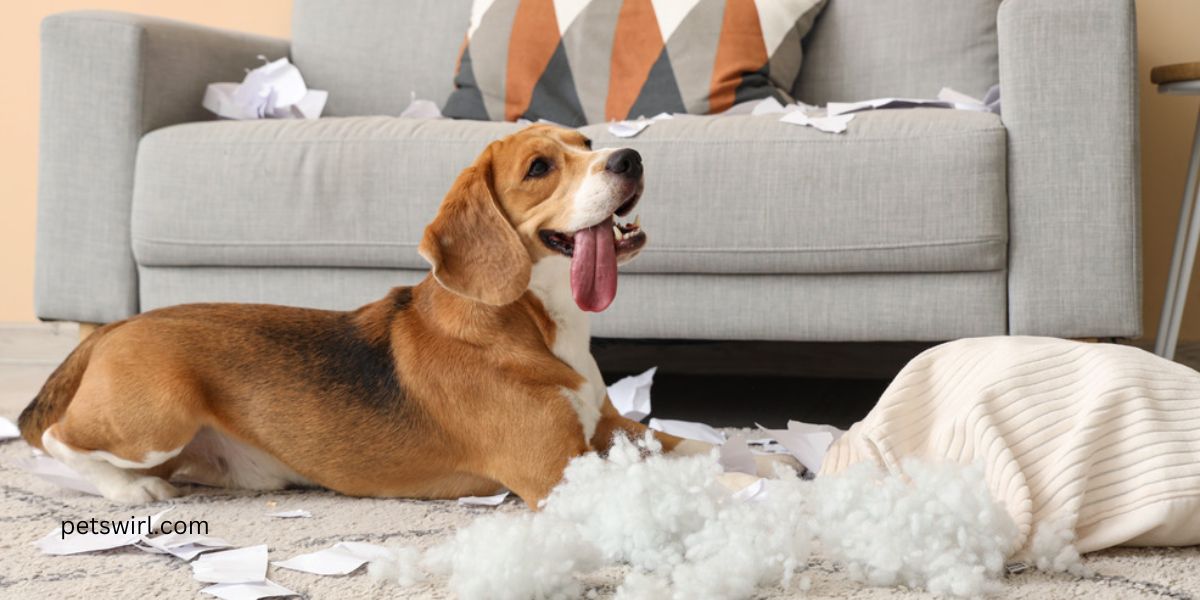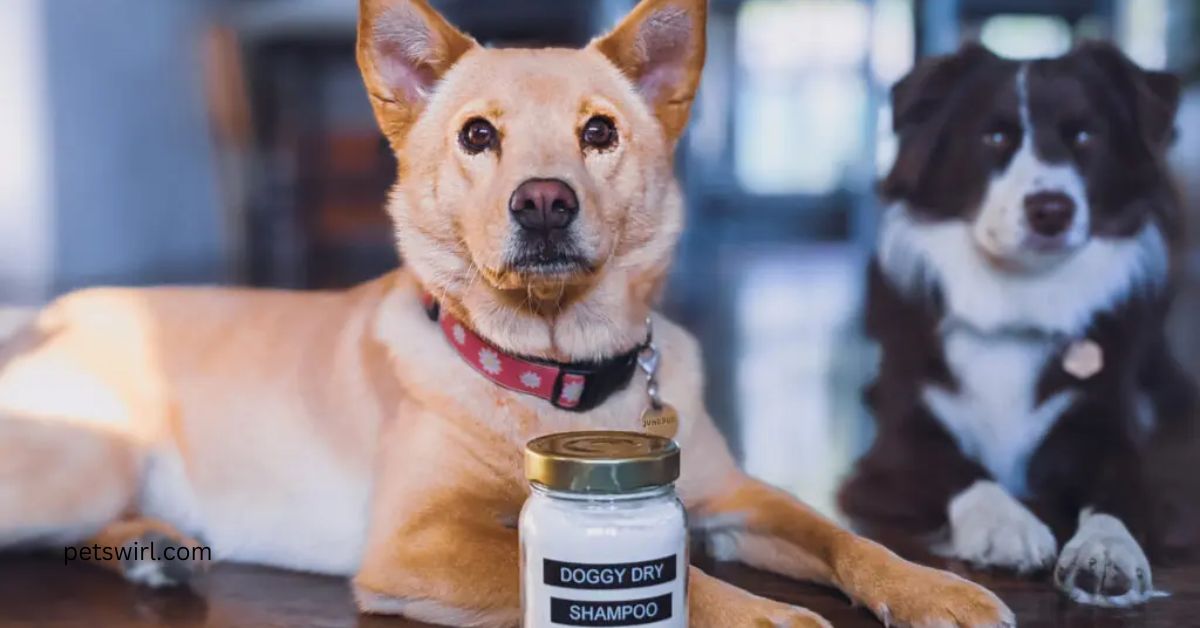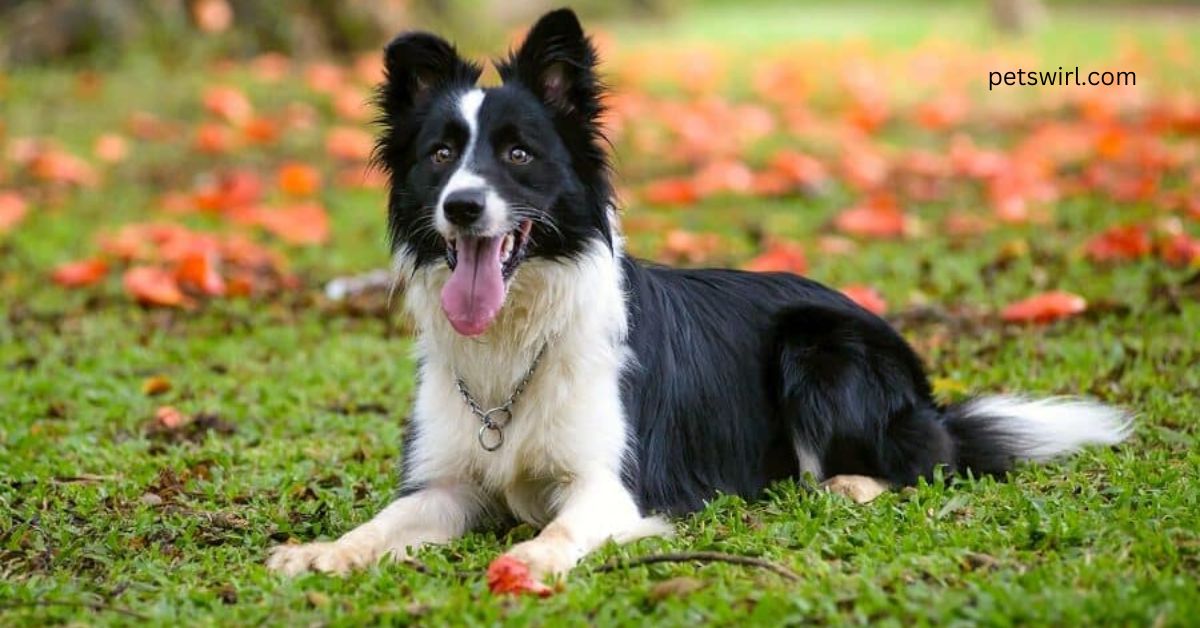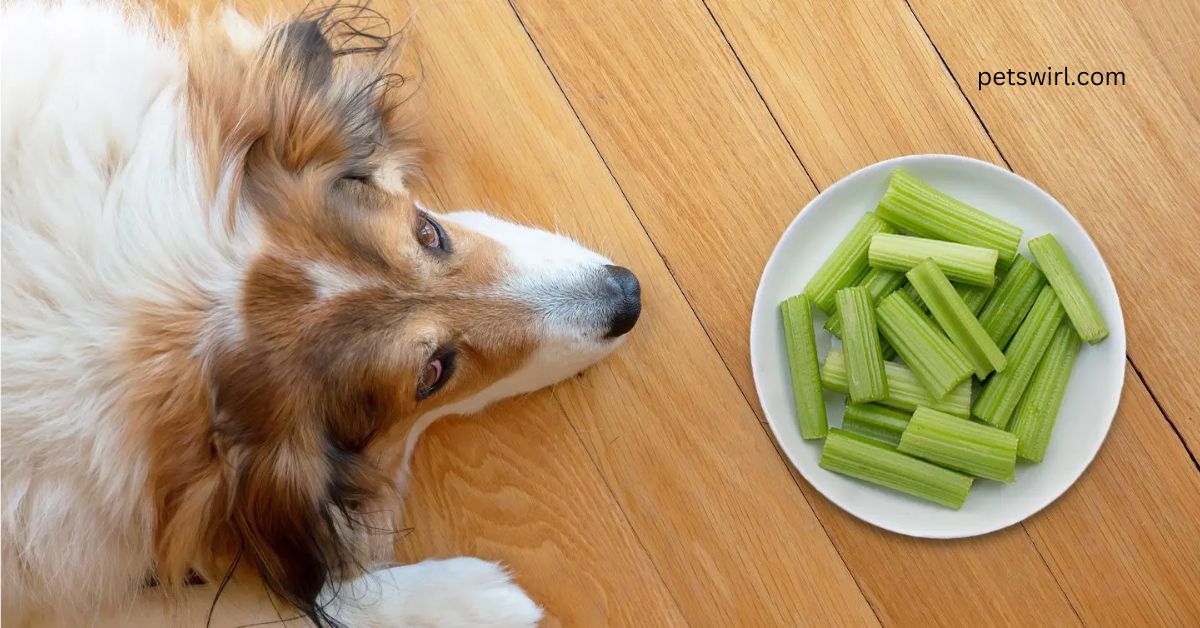Dog owners often notice their pets panting more at night, which can be concerning. While panting is a normal cooling mechanism for dogs, excessive panting, particularly at night, may indicate an underlying issue. In this article, we’ll explore why dogs pant at night, common causes behind this behavior, ways to manage it, and signs that it may be time to consult a veterinarian.
Table of Contents
Understanding Dog Panting and Its Causes
Panting is the primary way dogs cool down since they can’t sweat through their skin like humans. However, nighttime panting can sometimes be more than just a way to regulate temperature. Let’s break down why dogs pant at night and when this behavior may require attention.
1. Causes of Nighttime Panting in Dogs
There are various reasons for dogs to experience nighttime panting. Here are some of the most common causes:
- Heat and Temperature Regulation: Dogs may pant at night if they feel too warm, especially during the summer months or in households with high nighttime temperatures. A dog’s internal body temperature needs to stay within a safe range, and panting helps them cool down.
- Anxiety and Stress: Anxiety is one of the top reasons dogs may experience panting at night. Separation anxiety, changes in the home environment, or other stressors can lead to panting as a response to emotional distress. Often, anxious dogs will exhibit additional symptoms like restlessness, whining, or pacing.
- Health Conditions Affecting Breathing: Several health issues can make breathing difficult for dogs, leading to increased panting, especially at night when symptoms may be more noticeable. Conditions like heart disease, respiratory infections, or tracheal collapse can cause dogs to breathe heavily and pant as a way to compensate.
2. Dog Anxiety at Night and Panting
Dogs can suffer from anxiety just like humans, and anxiety at night is common, especially in older dogs. This type of anxiety can stem from cognitive dysfunction, discomfort, or simple fear of being alone. When a dog is anxious, panting is a natural response, similar to how a human might feel their heart racing in stressful situations. Signs of nighttime dog anxiety include restlessness, pacing, whining, and the need for constant reassurance.
3. Dog Panting Due to Aging or Pain
As dogs age, they may develop conditions such as arthritis, hip dysplasia, or other age-related issues that make it difficult to rest comfortably. Pain often becomes more pronounced when a dog is inactive, such as at night, leading to increased panting as a sign of discomfort. Older dogs are also more prone to developing health issues that affect breathing and heart function, which can contribute to nighttime panting.
Is It Normal for Dogs to Pant at Night?
While it’s common for dogs to pant, especially in warmer weather or after activity, constant panting at night isn’t typical. Occasional panting due to heat or after a vigorous play session is normal, but persistent nighttime panting could indicate an underlying problem. If your dog’s panting seems excessive or is accompanied by other symptoms, it may be worth investigating further.
How Environmental Factors Affect Nighttime Panting in Dogs
In some cases, your dog’s nighttime panting may be due to the environment. High humidity, lack of proper ventilation, or heavy bedding can make it challenging for a dog to stay cool at night. If the indoor temperature is high, dogs may experience panting as their only way to cool down. Ensuring a comfortable sleeping environment with good airflow and cooler temperatures can sometimes alleviate nighttime panting.
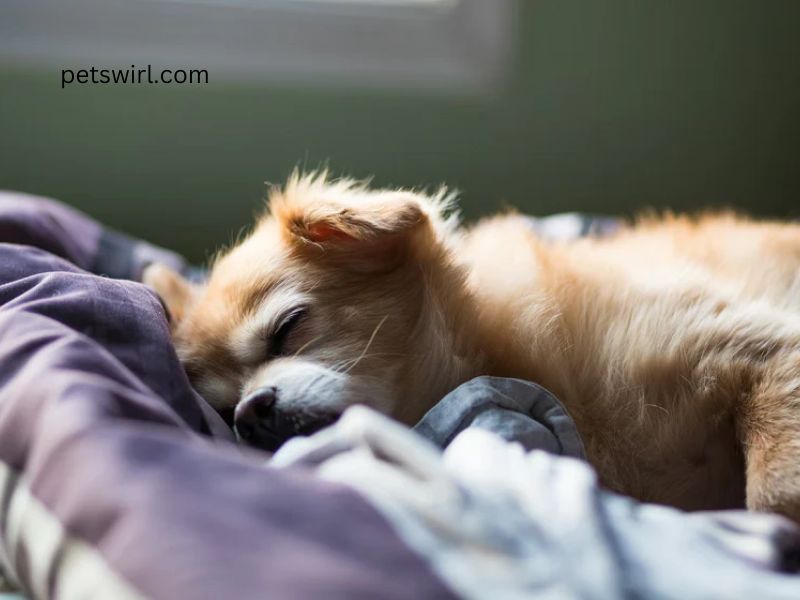
Symptoms of Stress or Pain in Dogs at Night
Panting may be a sign of stress or pain. In addition to panting, stressed dogs may exhibit symptoms like pacing, whining, and restlessness. Painful conditions, especially in older dogs, are often more noticeable at night when activity levels are low. Observing your dog’s behavior for any signs of discomfort or distress can help you pinpoint the cause of their panting.
When Dog Panting at Night Indicates a Health Problem
If your dog’s nighttime panting becomes excessive, it may be a symptom of an underlying health issue. Conditions such as respiratory infections, congestive heart failure, or even obesity can put extra strain on a dog’s breathing, leading to panting. Additionally, some dogs experience allergic reactions or inflammation that affects their respiratory system, making breathing more difficult.
It’s essential to monitor for symptoms like labored breathing, coughing, lethargy, and a lack of appetite. These signs, combined with panting, may indicate a condition that requires veterinary care.
1. Dog Respiratory Issues and Nighttime Panting
Respiratory problems can make it hard for dogs to get adequate oxygen, leading to panting. Brachycephalic breeds, such as Bulldogs and Pugs, are particularly prone to respiratory issues due to their shortened snouts. Other breeds may experience respiratory issues due to infections, asthma, or allergies. Heavy breathing, wheezing, or consistent nighttime panting in any breed should be evaluated by a vet.
2. Dog Panting Due to Heart Conditions
Heart disease is another condition that may cause your dog to pant more at night. Dogs with heart disease often have reduced oxygen flow, making panting necessary to compensate. Congestive heart failure, in particular, can cause symptoms like coughing, fatigue, and panting, especially at night when dogs are lying down.
3. Excessive Panting and Obesity
Obesity in dogs can make panting worse. Carrying extra weight puts more pressure on the respiratory system, making it challenging to breathe comfortably. Panting is often a sign that your dog’s body is struggling to handle its weight. If obesity is a factor, working with a vet to develop a weight management plan can be beneficial.
Managing Dog Panting at Night
Once you’ve identified possible causes for your dog’s nighttime panting, you can take steps to manage it. Here are some methods to consider:
- Creating a Cooler Sleeping Environment: Use fans, air conditioning, or cooling mats to lower the temperature in your dog’s sleeping area.
- Addressing Anxiety: If anxiety seems to be the cause, consider behavioral training, calming dog beds, or, in some cases, veterinary-prescribed anxiety medications.
- Health Checkups: Regular vet visits can help identify and manage health issues early. Conditions like heart disease or respiratory problems may need medications or lifestyle adjustments.
- Diet and Exercise: Maintaining a healthy weight through a balanced diet and regular exercise can reduce panting due to obesity and improve overall health.
How to Calm a Dog Panting at Night
To soothe a panting dog, try techniques like gentle petting, calming voices, and avoiding any sudden movements or loud noises that might exacerbate anxiety. Playing soothing music or using white noise can also help some dogs relax.
Safe Sleeping Practices and Reducing Discomfort
If your dog has arthritis or joint pain, a memory foam or orthopedic dog bed can offer added support. Reducing discomfort may alleviate the need for panting as a response to pain. Make sure to provide a quiet, secure space where your dog can rest without disturbances.
When to Consult a Vet About Dog Panting at Night
If you’ve taken steps to address your dog’s nighttime panting without success, or if you notice other symptoms such as lethargy, loss of appetite, or a change in behavior, consult your veterinarian. Persistent nighttime panting, especially when paired with other signs, could indicate a need for a more thorough examination.
Final Thoughts on Nighttime Panting in Dogs
While panting is a natural way for dogs to regulate their temperature, nighttime panting may sometimes signal underlying issues like anxiety, environmental discomfort, or health problems. By understanding the potential causes and taking appropriate steps, you can help your dog find comfort and enjoy restful nights. If in doubt, always reach out to a vet for guidance and to ensure your dog’s well-being.
Also read: Can Cats Eat Green Olives?

